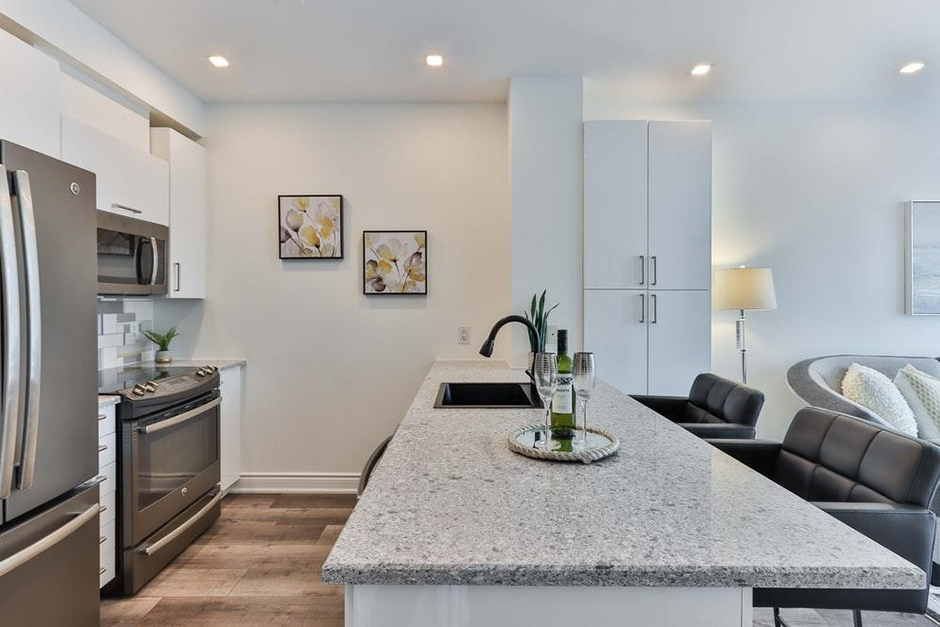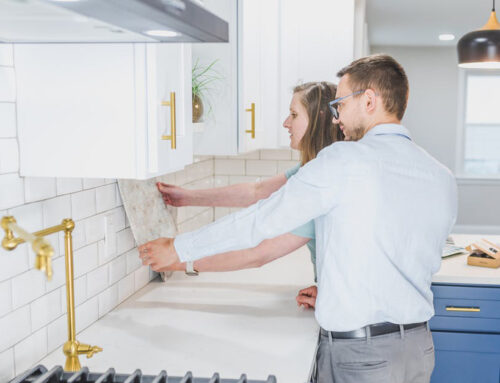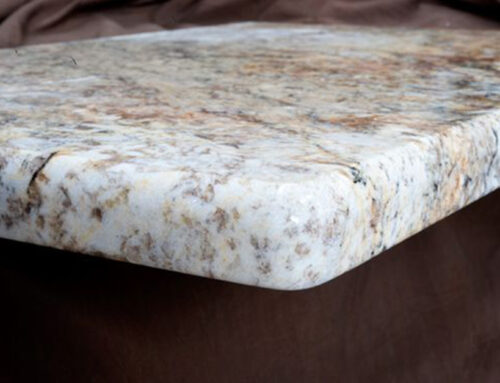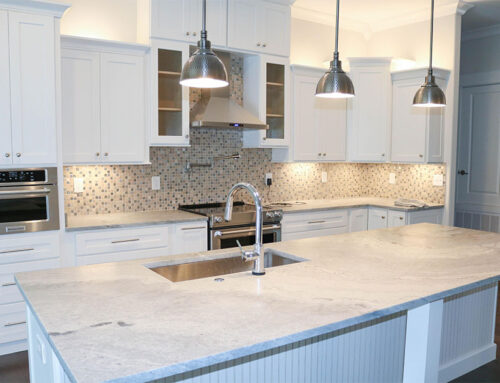Quartz and marble are both popular stone options for custom countertops. Marble occurs naturally whereas quartz is man-made. The right choice for your kitchen or bathroom remodeling depends on how the advantages and drawbacks of each countertop material measures up to your preferences, use case and budget.
Quartz vs Marble: Which Is Better for Your Kitchen or Bathroom Countertops?
Several factors apply when deciding which between quartz or marble to use on your kitchen or bathroom countertops. Your preferred countertop colors, designs and styles should inform your choice, as should the cost of installing and maintaining each countertop. This article shows you how quartz and marble compare in terms of these factors so that you can make the right choice.
1. First Glance
Both quartz and marble have gorgeous patterns and colors ranging from minimally patterned creamy white to veiny super white countertops. Over time, quartz countertops have come to increasingly resemble those made of marble. However, marble begins to show its age sooner than quartz, which is less susceptible to wear and tear.
2. Color and Design
The sheer variety of color and design options for quartz countertops is vast and ever-growing. They’re also consistent. So, unlike marble countertops, what you see is what you get when you choose a quartz color or design. Marble countertops, too, are available in several colors and designs.
However, its natural beauty notwithstanding, marble has natural imperfections so the colors and patterns are often not uniform throughout the slab. Some people like this attribute; others don’t. If you’re among the latter, we recommend considering quartz countertops that resemble marble.
Some popular faux-marble quartz countertop options include Cambria quartz colors (Brittanicca quartz, Ella quartz, Hemsworth quartz, Colton quartz) and Silestone quartz colors (Calacatta Gold quartz, Ethereal Dusk quartz, Ethereal Haze quartz, Classic Calacatta quartz).
3. Cost
Compared to quartz countertops, marble countertops are cheaper upfront. Marble costs more to maintain, though, as it requires periodic refinishing and repolishing by a professional. Furthermore, quartz countertops typically come with warranties ranging from 20-25 years to a lifetime.
4. Durability
Few minerals, among them diamond, are harder than quartz. This durable material makes scratch-resistant, chip-resistant, and stain-resistant countertops that don’t require sealing. In contrast, marble is soft and easily chips or cracks, so it’s best used for window sills and low-traffic bathrooms, where it’s less susceptible to staining or damage.
5. Maintenance
Quartz countertops are easy to maintain as they don’t need resealing or special cleaning. You can use mildly soapy water to wipe off dirt and grease. Like other natural stone countertops, marble requires sealing to prevent staining from stagnant water, red wine, and so on.
Placing a wet bowl or a hot cup containing a hot beverage on an unsealed marble countertop can leave rings, which often require repolishing or refinishing to remove. Marble countertops also require special cleaning products that are gentle on the stone or marble sealer. Even lemon wedges can do some damage if left on a marble countertop for a while.
Fabricating and Installing New Quartz Countertops or Marble Countertops
Having learned the essential ways quartz countertops compare to marble countertops, you’re now prepared to decide which countertop material is the better option for your bathroom or kitchen remodeling. At Phoenix Stone & Laminate, fabricating and installing quartz and marble countertops are among the several top-tier services we offer. Contact us today and let us transform your kitchen or bathroom into a space you’re proud of.






